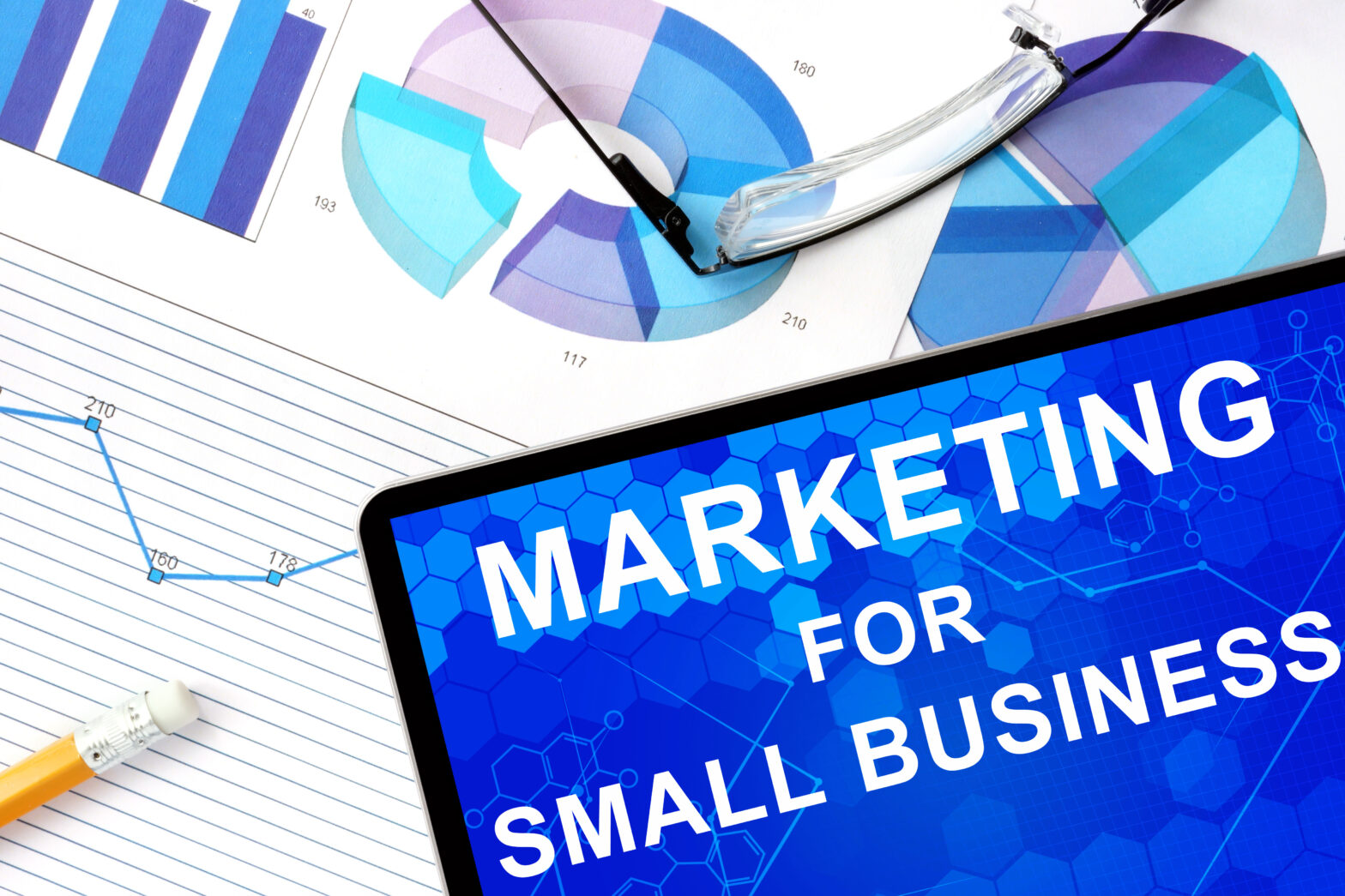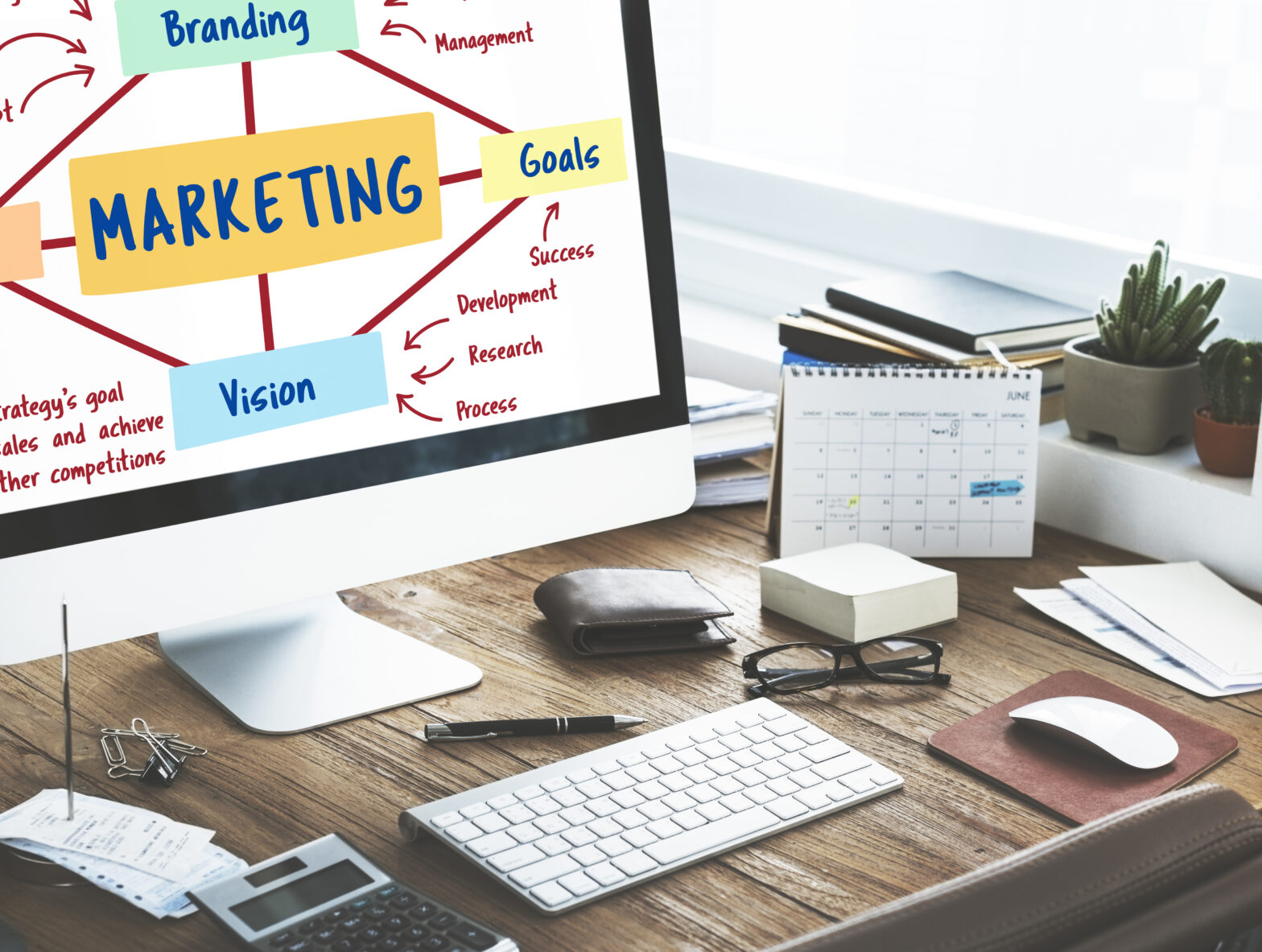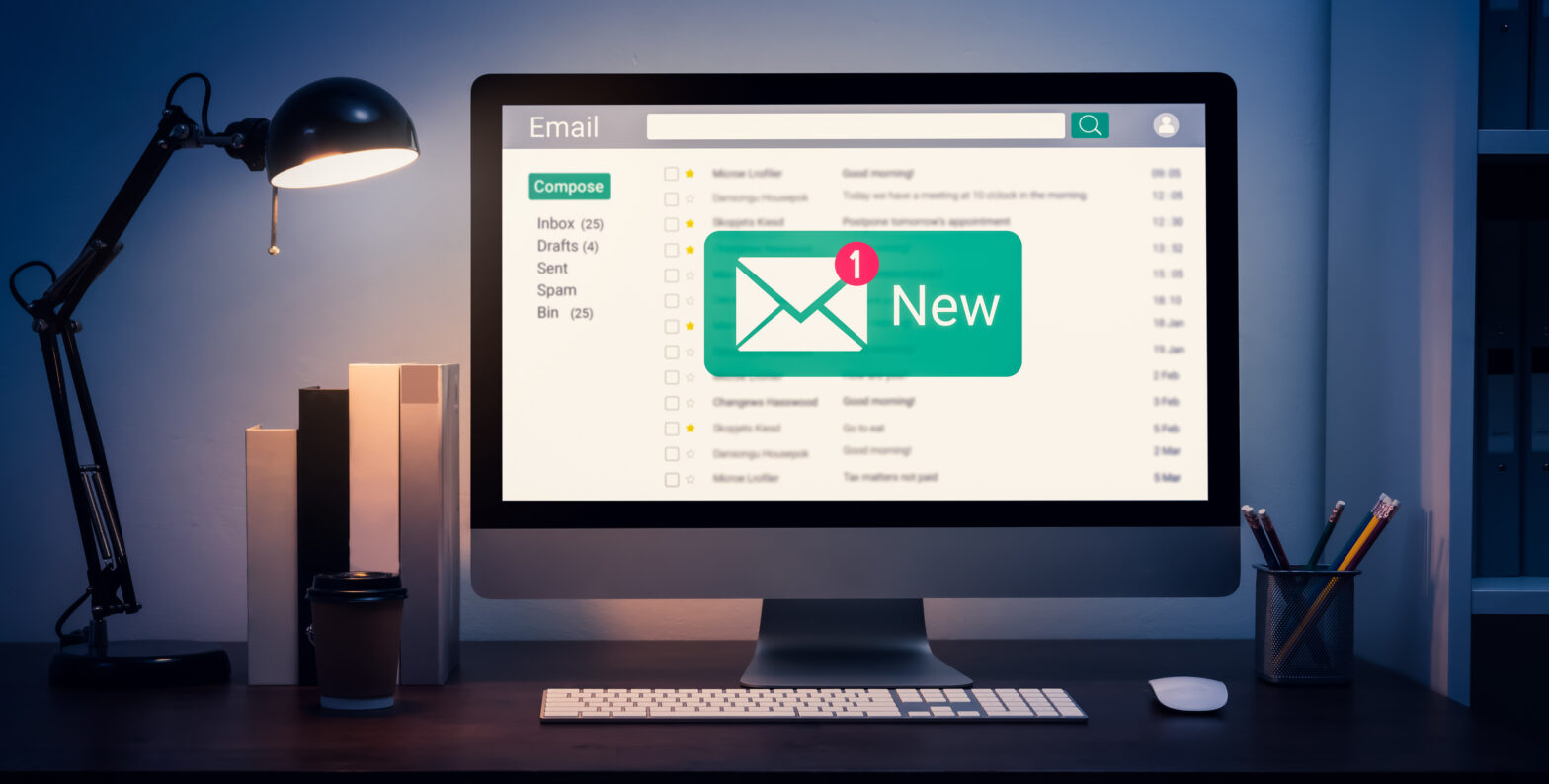Since the COVID-19 pandemic hit at the beginning of this year, the global market has tightened its belts and tried valiantly to stay afloat in an economy hit hard by the global lockdowns. A natural reaction when the bottom line of your sales ledger is in the red is to panic; our in-built fight or flight reaction kicks in and prevents us from thinking clearly – especially when it comes to how to market your small business.
Inevitably, this leads to short-sighted decisions that hinder long-term success when the pandemic is over, if you’re unable to operate as normal right now, there are things you can do to help set yourself up for success in the long run.
>See also: Small business marketing 101, all the latest tips in 2020
#1 – Start selling online
Firstly, if you’re a business with products to sell that don’t require real world interaction think about adapting your business model to an e-commerce platform, either by using something similar to Shopify, a shoppable landing page or a selling site such as Etsy.
If you don’t currently have a website, start by setting up a quick free site (Wix offer templates that are easy to use or WordPress has free options) building a shoppable landing page where your customers can buy your products. You can also use it to sell gift cards that can be bought now and used later, when you can open the doors of your business to the public once more.
Remember that if you chose to use a separate selling site, like Etsy or eBay, you will need to factor in their fees to your pricing plus postage and packaging.
If you already have a website that sells, then now is the time to tidy it up, organise an SEO review, make sure all the pages are working as they should be and potentially review the pricing or product lines you have to optimise ROI in every area of your business.
#2 – Optimise social media channels
If you haven’t already then now is the time to set up and optimise your social media channels, consider which work best for your audience. Not only is organic social free but it’s often more effective as a way to market your small business as people feel they aren’t being sold to as blatantly.
Using these channels for paid advertising is amazing for getting fast results but if you’re not sure what you’re doing can end up costing more than you expect and returning very little in the way of sales.
- Linkedin – Business to business
- Twitter, Facebook and Instagram – Business to consumer
- TikTok, Snapchat, YouTube – Great for video content and direct to consumer marketing
Being able to use these platforms to connect not only with your existing customer base but also local demographics and potential new clients is often a great way to market your small business and eventually sales too.
Related: How I grew my YouTube channel to over 68,000 subscribers
Plan social campaigns that allow people a look at the human side of your business, such as a behind-the-scenes video of how you make your products, an interview which discusses an area of your business you get asked about frequently or some beautiful lifestyle images of your products.
Instagram stories, TikToks and Facebook stories can be a good, interactive way to connect with your audience. Try posting to show your upcoming products or seminars, discuss your plans for the future, or just update people about how you’re doing as a business. Authenticity is important so being transparent with your audience can only help.
Another way to approach your audience is to give them something, maybe via an email shot or a gated landing page, for example, If you’re well versed in a certain subject and you could share what you know with others, create a downloadable guide, an e-book, or even a series of SEO-friendly blog posts. The data you glean could be invaluable.
>See also: Google gives £25m worth of free ad spend to British small businesses
#3 – Find out about your customers
If your business is in a slump due to the pandemic, then take it as an opportunity to find out as much as you can about your target demographic and your current customer base. Where else do they shop? What age group are they? Any and all information can be used to help you target future campaigns more effectively.
Using gated landing pages, as previously mentioned, can be an efficient way to collect contact information from your audience. Create a page with an email newsletter signup form, a downloadable guide or similar, share the link across all your social channels, and then start sending regular product or business updates to keep clients informed about everything.
Depending on which integrations you use for emails and data storage (let’s not forget GDPR), you can even set up your landing page to automatically file contacts based on interests when they sign up, making it easier to send more relevant messages to them.
Analyse the social channel business data you’re able to for further information which you can use for targeted adverts and to help you partner with other business that share your audiences.
#4 – Send out personal postcards
If you prefer the old-school personal touch then you could consider sending out a witty or beautifully branded postcard to your current customer base to let them know you’re thinking about them and looking forward to welcoming them back in store.
#5 – Host a live or virtual event
If you’re really intent on making a splash when you reopen the doors, why not consider an event to launch a new product or to simply welcome loyal customers back? An experiential marketing agency will be able to guide you into a memorable event or virtual event.
Whatever you decide to do now, in this moment, with this time, could have far-reaching implications for the future of your business, any strategies or systems you put into place to help market your small business can only make you stronger on the other side.
Mark Dunn is managing director of experiential marketing agency Purity
Further reading
How NOT to tweet like President Trump if you want to keep your account





